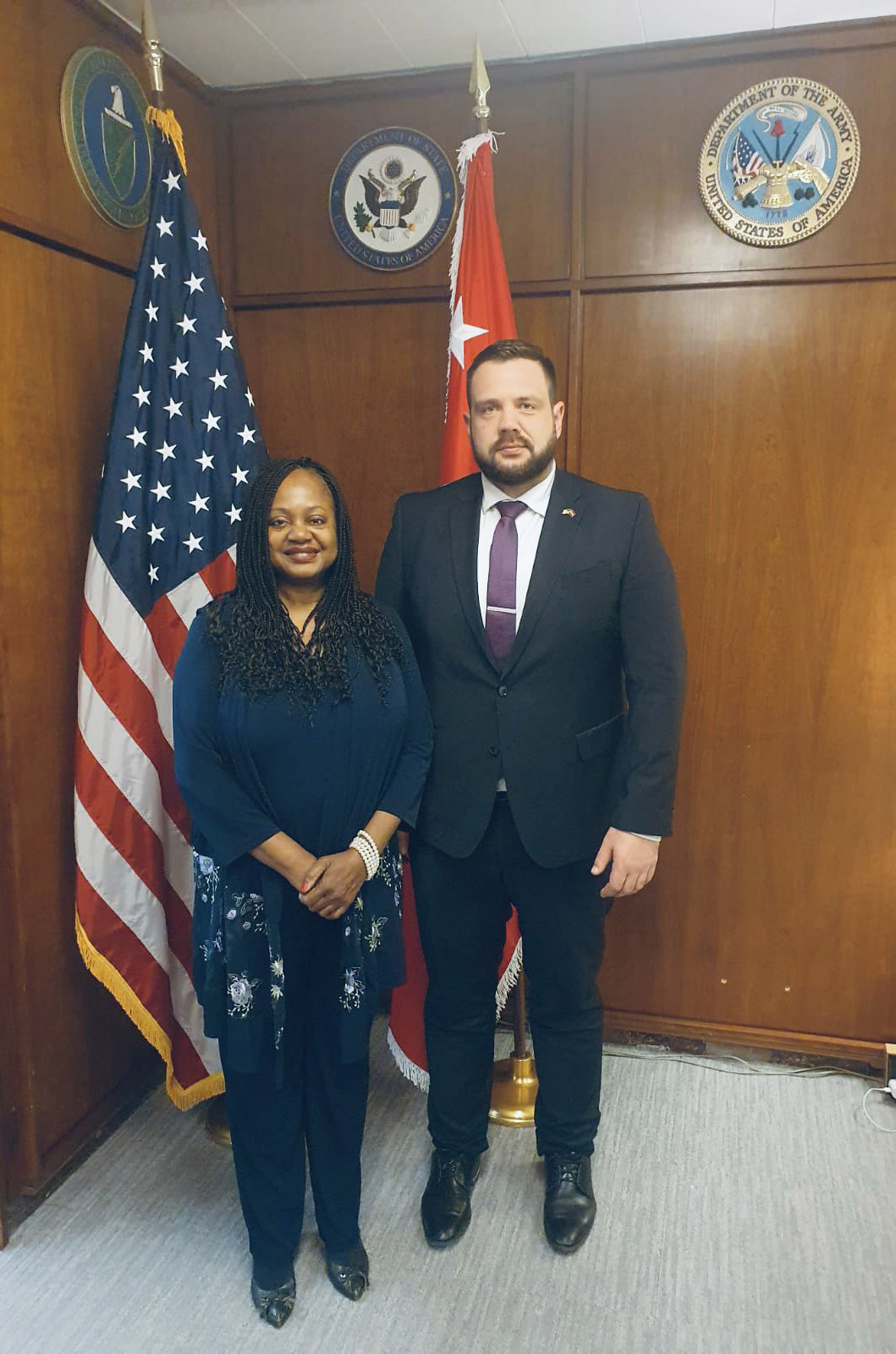From left: U.S. undersecretary of state for arms control and international security Bonnie Jenkins; Japan’s state minister of economy, trade, and industry Fusae Ōta; Ghana’s deputy minister of Energy William Owuraku Aidoo; and U.S. assistant secretary for nuclear energy Kathryn Huff. (Photo: DOE Office of Nuclear Energy)
The United States and Japan have announced Winning an Edge Through Cooperation in Advanced Nuclear (WECAN)—a new agreement aimed at supporting the deployment of small modular reactors and other advanced reactor technologies in partner countries.
An artist’s rendering of Natrium. (Image: TerraPower)
Nuclear technology firm TerraPower and utility partner PacifiCorp have launched a study to evaluate the feasibility of deploying up to five additional Natrium reactor and integrated energy storage systems in the utility’s service territory by 2035, the companies announced yesterday. (PacifiCorp’s business units—Pacific Power and Rocky Mountain Power—serve customers in California, Oregon, and Washington, and in Idaho, Utah, and Wyoming, respectively.)
Virginia Gov. Glenn Youngkin announces a $10 million energy innovation investment in Virginia. (Photo: Christian Martinez/Office of the Governor)
Some two weeks after unveiling his state’s 2022 Energy Plan, Virginia Gov. Glenn Youngkin has announced his intention to include $10 million in the state’s next budget proposal—due in December—to create the Virginia Power Innovation Fund for research and development of nuclear, hydrogen, carbon capture and utilization, and battery storage technologies.
Artist’s rendering of the IMSR Core-Unit. (Credit: Terrestrial Energy)
In the ongoing quest to mitigate the effects of climate change, new technology can create new solutions. Even today, however, coal is still a main source of power around the globe, often out of necessity. Many coal-burning plants have already been converted for gas or biomass, but these measures alone are not nearly enough to meet net-zero carbon goals. There is a better solution, however: repowering coal plants with nuclear technology—specifically, Generation IV reactors.
This landscape speckled with glittering stars is the edge of a nearby, young, star-forming region called NGC 3324 in the Carina Nebula. Captured in infrared light by NASA’s new James Webb Space Telescope, this image reveals for the first time previously invisible areas of star birth. (Photo: NASA)
ANS’s August 4 online event “The New Space Race is Going Nuclear” featured several expert panelists who discussed the growing importance of nuclear technologies in space commercialization and exploration. Although nuclear energy has long played a role in space missions, participants discussed the latest exciting developments in the space nuclear field and presented their views on how increased application of nuclear technologies could fundamentally transform the ways in which both crewed and uncrewed space missions are carried out.
Rendering of the proposed GEH Nuclear Energy BWRX-300 SMR at the Clinch River site. (Image: GE Hitachi)
The Tennessee Valley Authority and GE Hitachi Nuclear Energy (GEH) have signed an agreement to support planning and preliminary licensing for the potential deployment of a BWRX-300 small modular reactor at the Clinch River site near Oak Ridge, Tenn., the utility’s president and chief executive officer, Jeff Lyash, announced last week.
An evolution of GEH’s 1,520-MWe Generation III+ ESBWR design, the BWRX-300 is a 300-MWe water-cooled, natural-circulation SMR with passive safety systems.
The Wyoming Energy Authority’s Glen Murrell (left) shakes hands with INL’s John C. Wagner at the MOU signing ceremony on May 4. (Photo: WEA)
Battelle Energy Alliance (BEA), the management and operating contractor for Idaho National Laboratory, has signed a five-year memorandum of understanding with the State of Wyoming to collaborate on the research, development, demonstration, and deployment of advanced energy technologies and approaches, with a special focus on advanced nuclear.
A pair of Westinghouse AP1000 reactors at China's Haiyang nuclear power plant.
China’s State Council recently approved the construction of four Westinghouse AP1000 reactors—two at China’s Sanmen plant in Zhejiang Province and two at the Haiyang plant in Shandong Province.
The plants currently house two AP1000 units each. Sanmen’s reactors are rated at 1,157 MWe and Haiyang’s at 1,170 MWe. Sanmen-1 and -2 began commercial operation in 2018. Haiyang-1 started commercial operation in 2018, and Haiyang-2 in 2019.
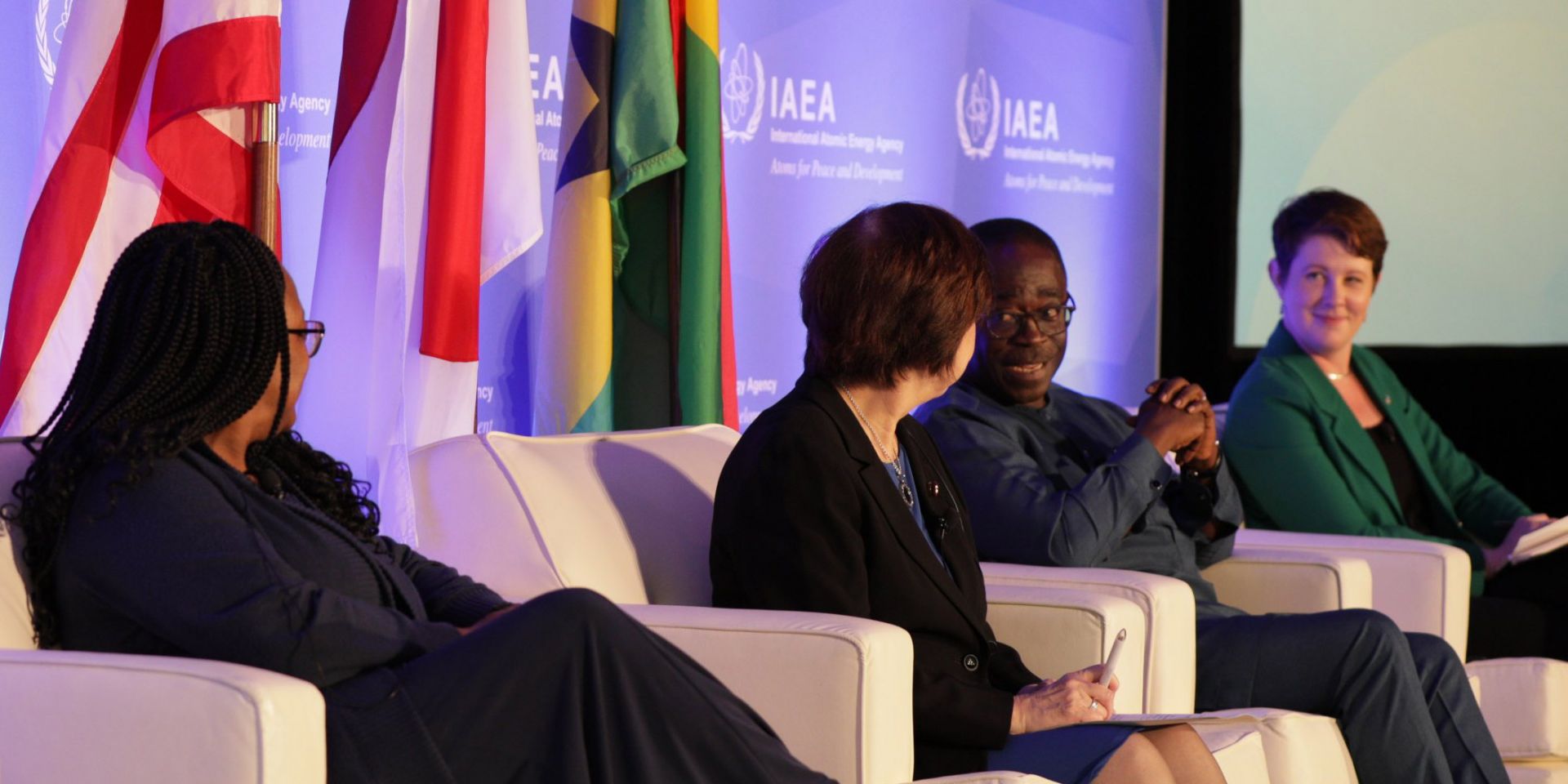

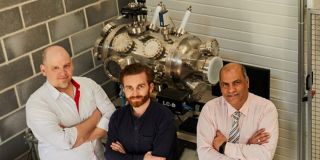
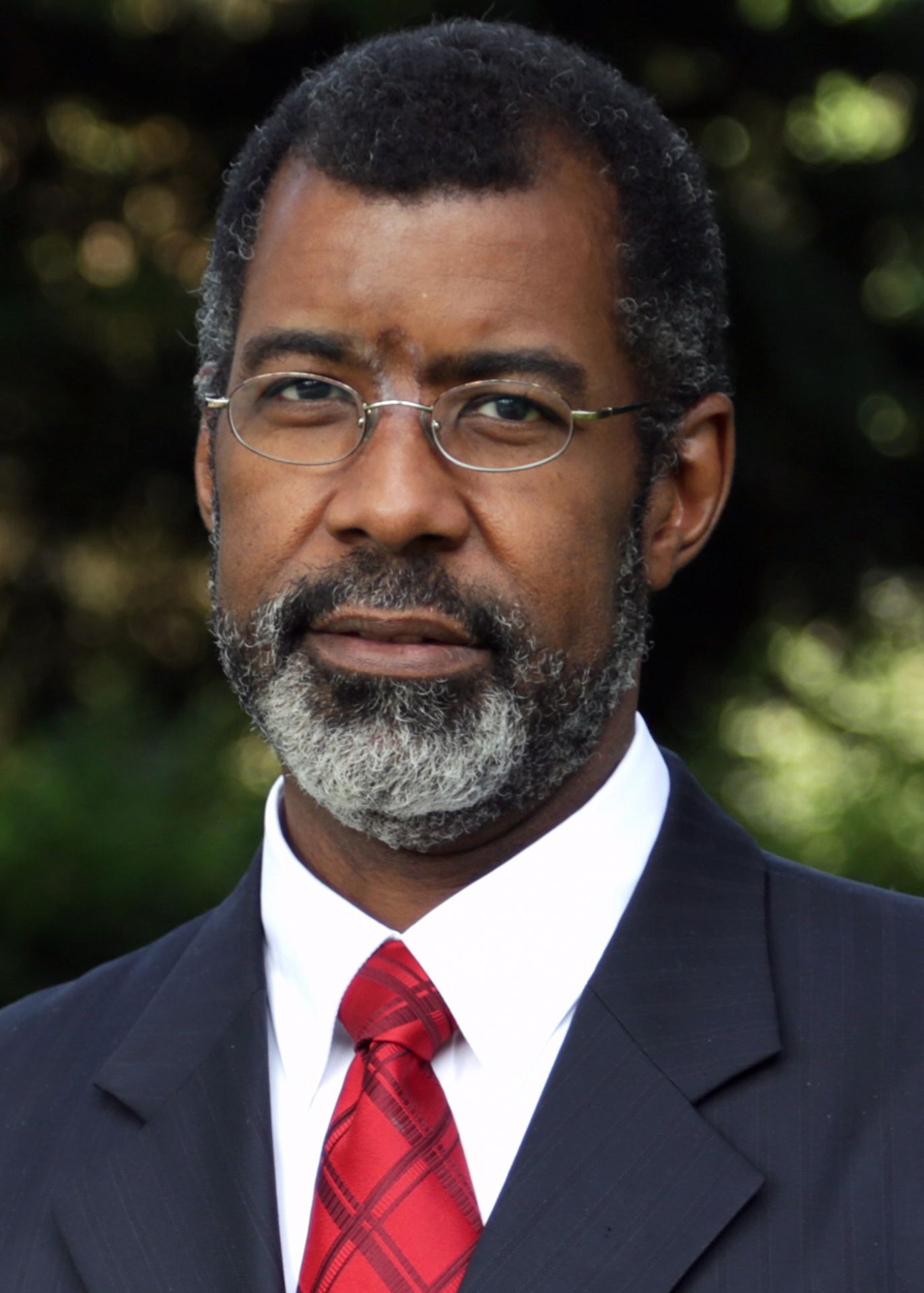
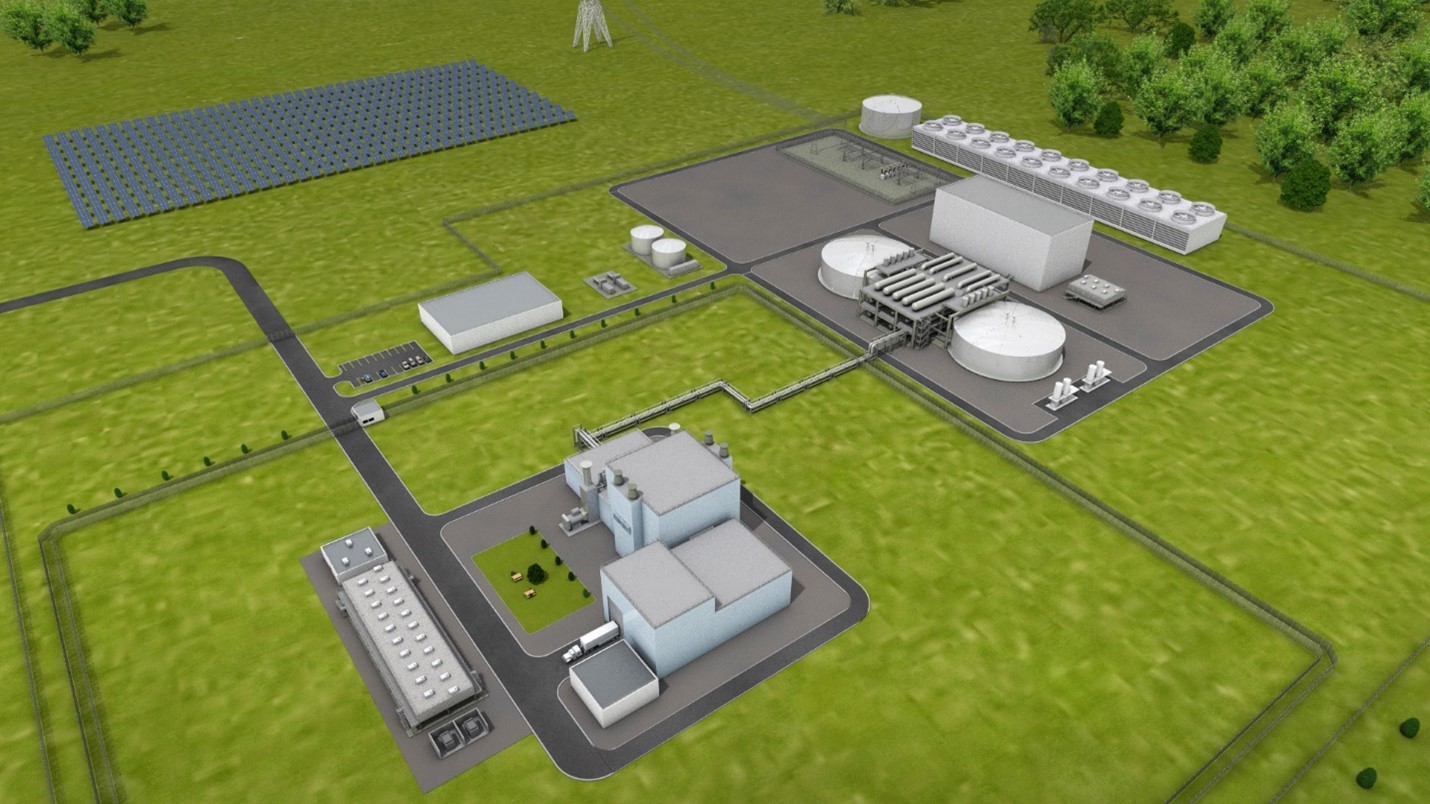


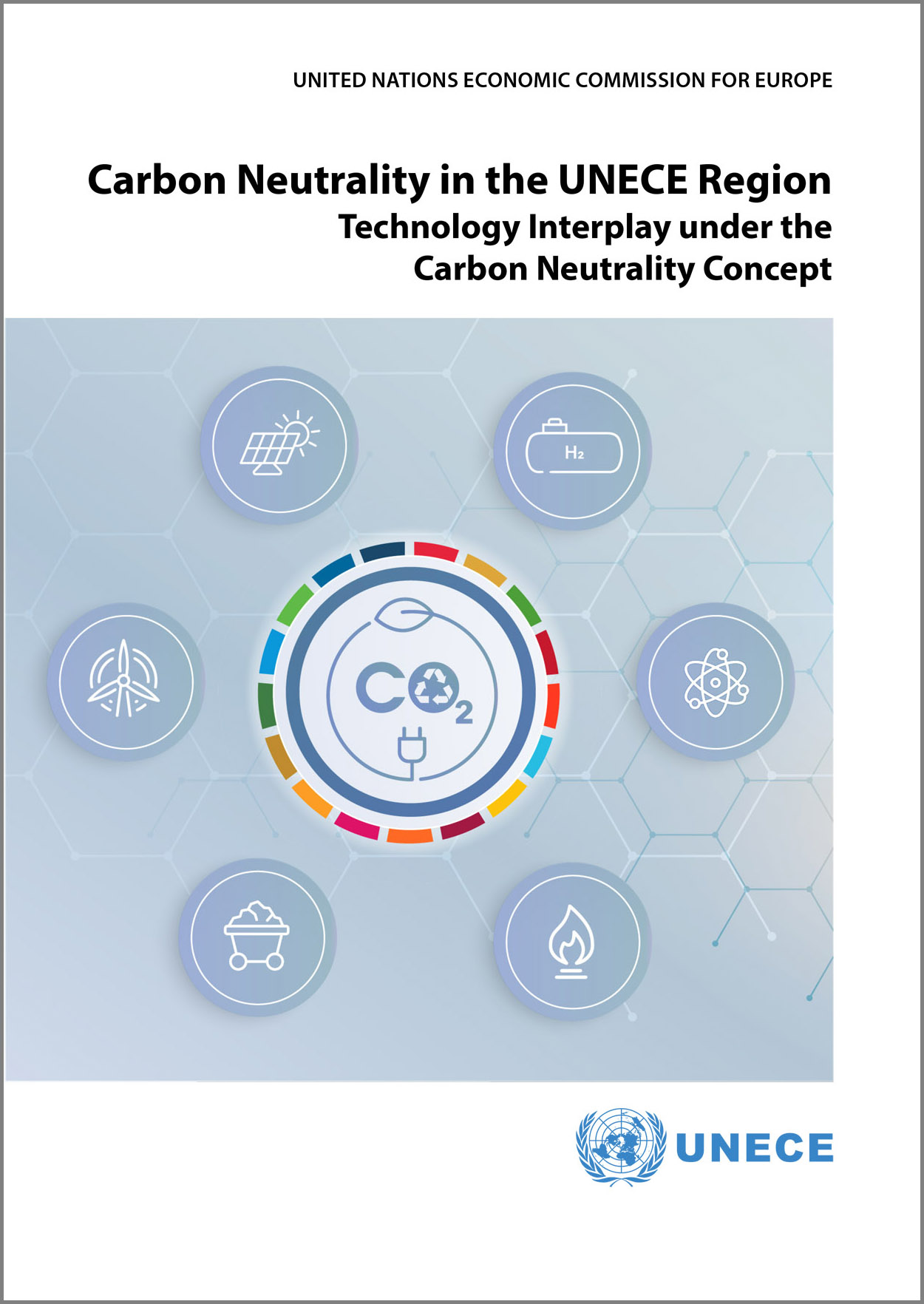 Released this week in the lead-up to November’s COP27 event in Egypt is a report from the United Nations Economic Commission for Europe,
Released this week in the lead-up to November’s COP27 event in Egypt is a report from the United Nations Economic Commission for Europe, 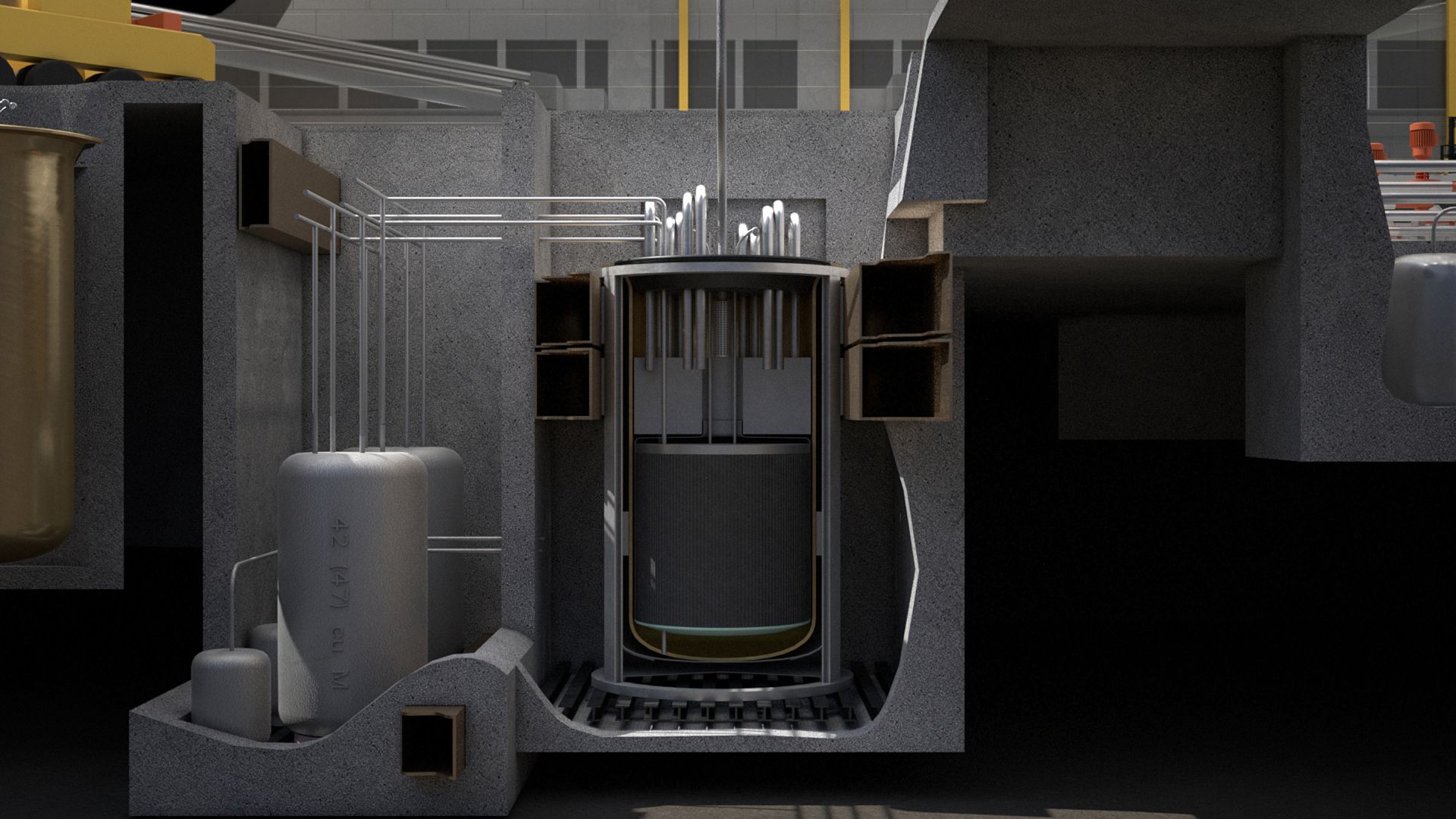

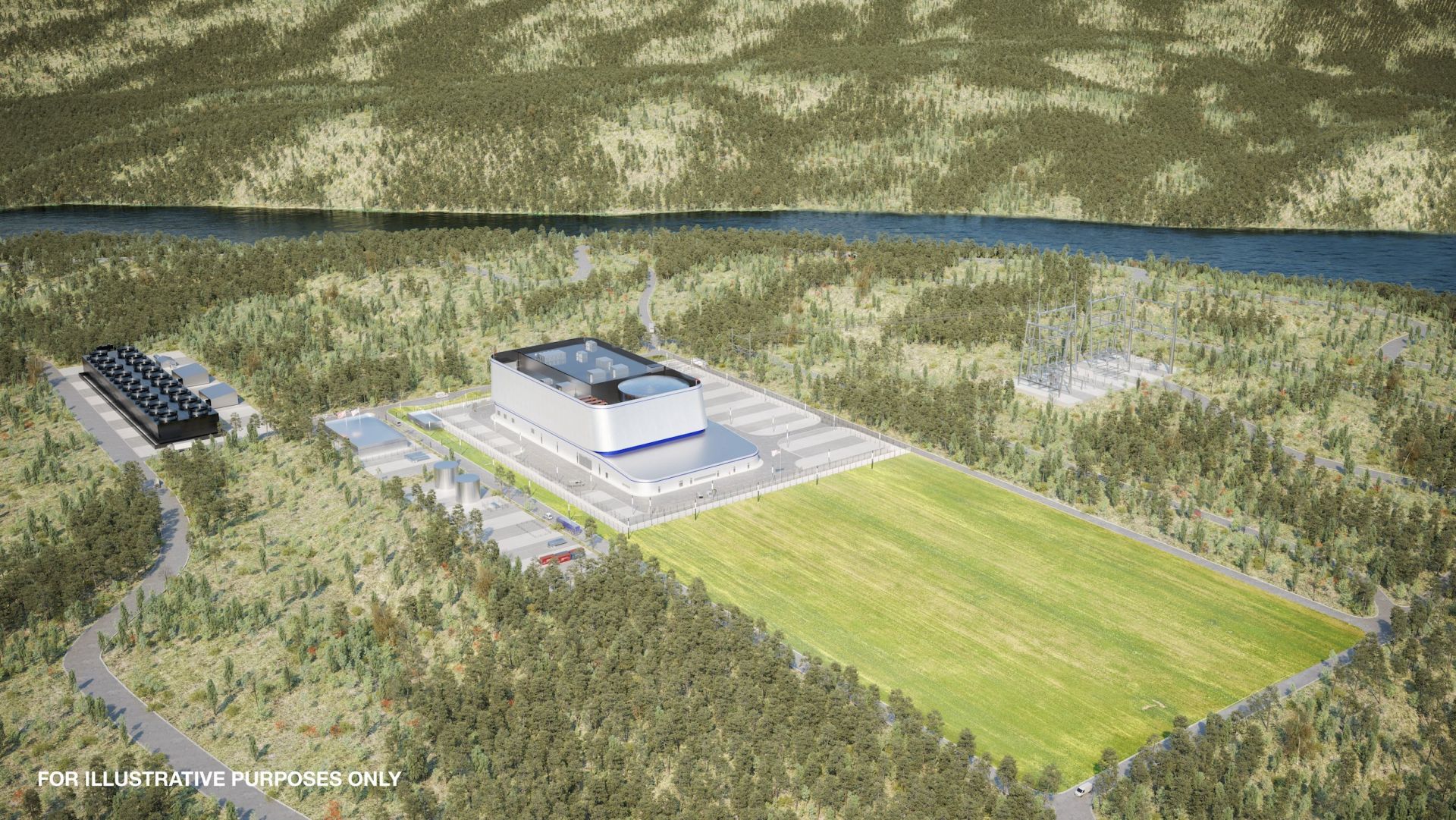
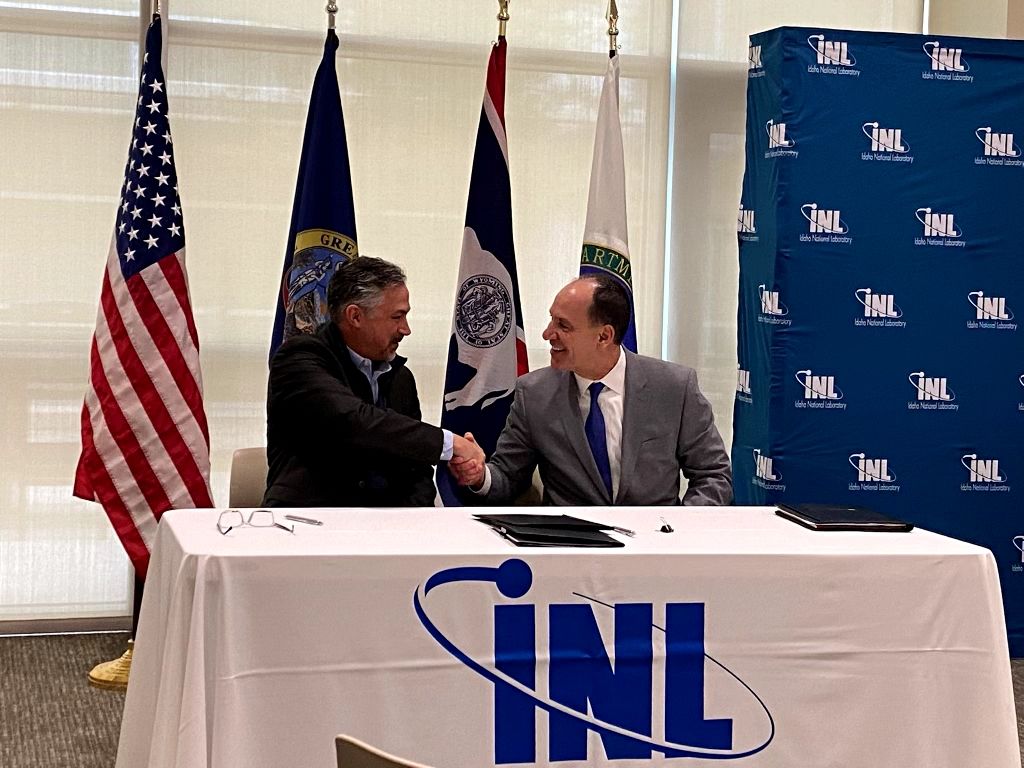
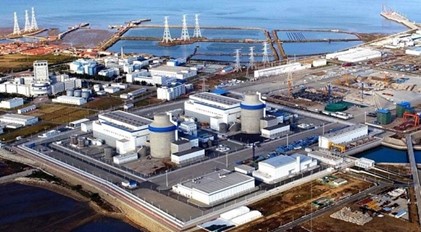



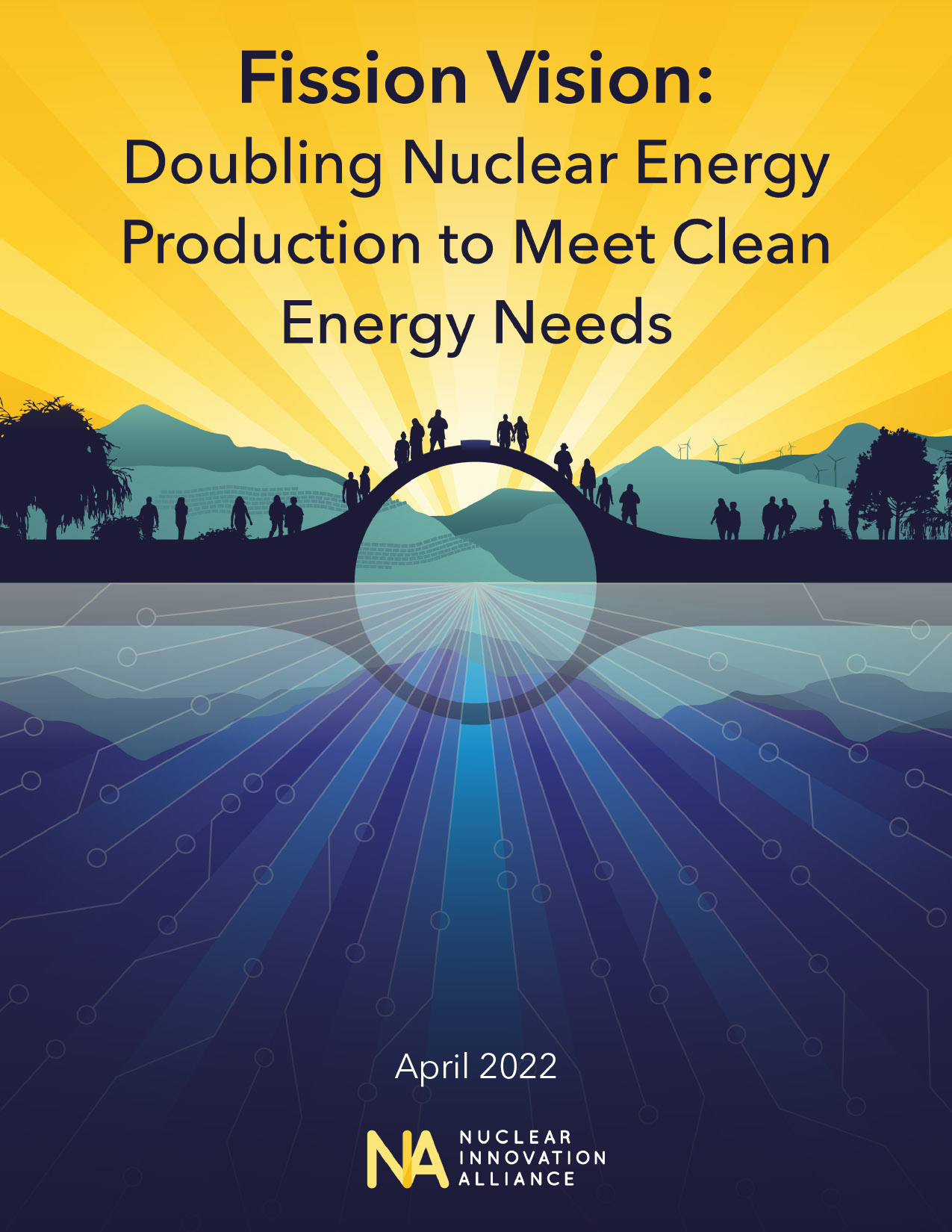 The Nuclear Innovation Alliance (NIA), a nonprofit advocating for advanced nuclear, has announced the publication of a new report,
The Nuclear Innovation Alliance (NIA), a nonprofit advocating for advanced nuclear, has announced the publication of a new report, 